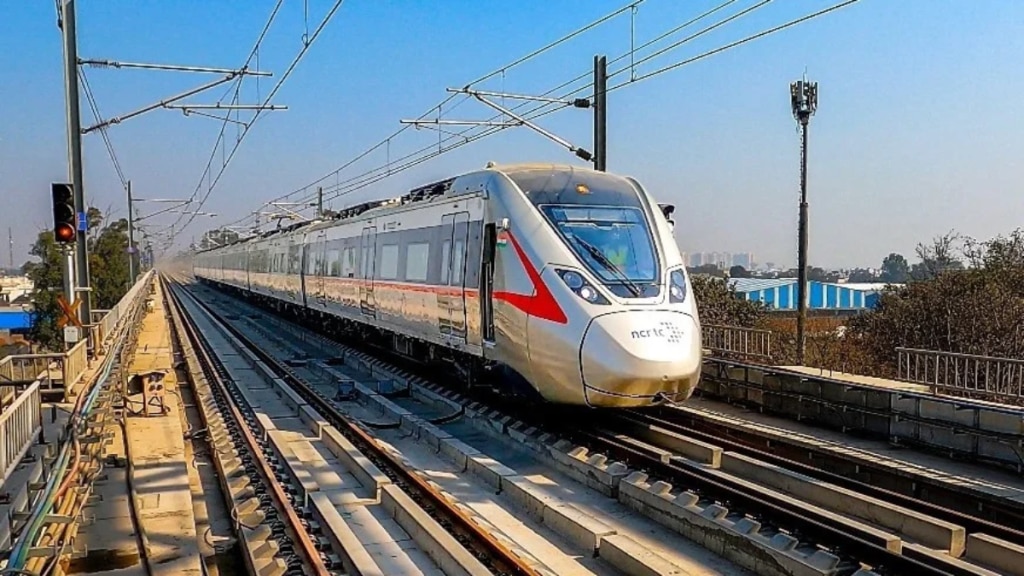The last pending station on the Delhi-Ghaziabad-Meerut Regional Rapid Transit System (RRTS) corridor at Sarai Kale Khan is ready to begin operations. The inauguration is likely to take place on September 17, which coincides with Prime Minister Narendra Modi‘s birthday, though no official confirmation has been made.
A Major Transit Hub for Delhi-NCR
The Sarai Kale Khan station, one of the largest on the 82.15-km corridor, is designed to handle high passenger volumes and is expected to emerge as a major gateway connecting Delhi with neighbouring states. The station also functions as a multi-modal hub, integrating bus terminals, metro services, and railway stations to ensure smooth interchanges for passengers.
In line with the government’s “Make in India” initiative, all trainsets have been indigenously designed in Hyderabad and manufactured at Alstom’s Gujarat facility. Spanning 215 metres in length, 50 metres in width and 15 metres in height, the station will also provide seamless interconnections between three RRTS corridors.
Boost to Connectivity and Public Transport
The Rs 30,000-crore project aims to increase the share of public transport on the Delhi-Meerut route from the current 37 per cent to 63 per cent. Trial runs have already been completed, with trains covering the Sarai Kale Khan–Modipuram stretch in under an hour with halts at all stations. At present, a 55-km section is operational between New Ashok Nagar in Delhi and Meerut South, serving 11 stations.
The extension from Sarai Kale Khan to New Ashok Nagar and from Meerut South to Modipuram, along with the Meerut Metro network, will further enhance both intracity and intercity connectivity.
“Namo Bharat trains, with a maximum operational speed of 160 kilometres per hour, offer a fast, comfortable and reliable option for longer-distance commuters. Unlike conventional railway or metro services, passengers do not require seat reservations and benefit from fewer stops and quicker travel,” NCRTC spokesperson Puneet Vats said.
“This corridor is designed not just for mobility but to foster balanced regional development and reduce carbon emissions by promoting public transport,” he added.
The project also emphasises women’s safety and empowerment, with dedicated coaches, female staff and advanced surveillance systems. Many women have been recruited as train operators and station controllers. Once operational, the Sarai Kale Khan station is expected to link Delhi, Uttar Pradesh, Haryana, and Rajasthan, supporting economic growth and suburban development in the wider NCR region.

